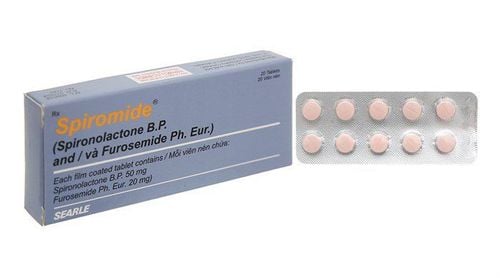The "one meal a day" diet, also known as OMAD, can offer potential health benefits such as weight loss and disease prevention if implemented correctly. However, this eating style is not suitable for everyone. Before starting any diet plan, you should consult with a nutrition expert for guidance.
1. Is a one-meal-a-day diet good for your health?
Most people are hesitant about the idea of eating only one meal a day. OMAD, also referred to as the Warrior Diet, is an extreme version of intermittent fasting. However, proponents of OMAD claim it can bring impressive health benefits, such as:
- Increased concentration and productivity: Since the one-meal-a-day diet does not include lunch, it can eliminate the sluggishness of the body when digesting food for lunch.
- Weight Loss: Eating just one meal a day reduces calorie intake compared to consuming three meals, leading to effective and rapid weight loss.
- Simplified meal planning: With OMAD, there is no need to plan multiple meals throughout the day.
2. What happens to your body when you eat one meal a day?
OMAD is not suitable for everyone. Studies show that eating only once a day may increase blood pressure and cholesterol levels, especially if the single meal consists of heavily processed or high-carb foods.
Other potential risks of fasting include:
- Shakiness or physical weakness
- Intense hunger or binge eating
- Fatigue and low energy levels
- Brain fog or difficulty concentrating
A 2017 study on people with type 2 diabetes found that fasting for 18–20 hours daily could help manage blood sugar levels. However, long-term OMAD may not be ideal for people with diabetes. It's advisable to consult a doctor before making significant dietary changes
Another study suggests that fasting can improve the body's resistance to disease by putting cells under beneficial stress. Prolonged fasting with water consumption may also reduce the risk of illnesses like diabetes and cancer. However, health experts agree that occasional fasting is safe for most healthy adults.

3. Who Should Avoid Eating One Meal a Day?
To determine whether OMAD is suitable for you, consult a nutritionist for advice.
In general, OMAD is not a sustainable long-term diet and should not be used as a primary method for weight loss. When it comes to diets, be cautious of trends that claim to provide easy solutions to complex health issues like weight loss or cancer prevention. Always research the benefits and risks associated with a specific diet.
The OMAD diet can be extremely dangerous for children and young adults who are hypoglycemic, have diabetes, obesity, or metabolic disorders. Moreover, this diet can also increase the risk of binge eating.
4. How should the one meal a day diet be applied?
While OMAD may not be as harmful as some believe, it’s not suitable for everyone. It should not be practiced as a long-term eating habit over weeks or months.
If you want to try fasting but are unsure about OMAD, consider a more manageable approach, like the 5:2 diet or the Warrior Diet.
Occasionally eating one meal a day during busy periods can be a great way to challenge yourself and improve discipline in eating habits. The key to success with OMAD—or any diet—is listening to your body.
If OMAD causes severe negative effects on your health, discontinue the diet and opt for a more suitable approach.

To arrange an appointment, please call HOTLINE or make your reservation directly HERE. You may also download the MyVinmec app to schedule appointments faster and manage your reservations more conveniently.
Reference source: healthline.com













